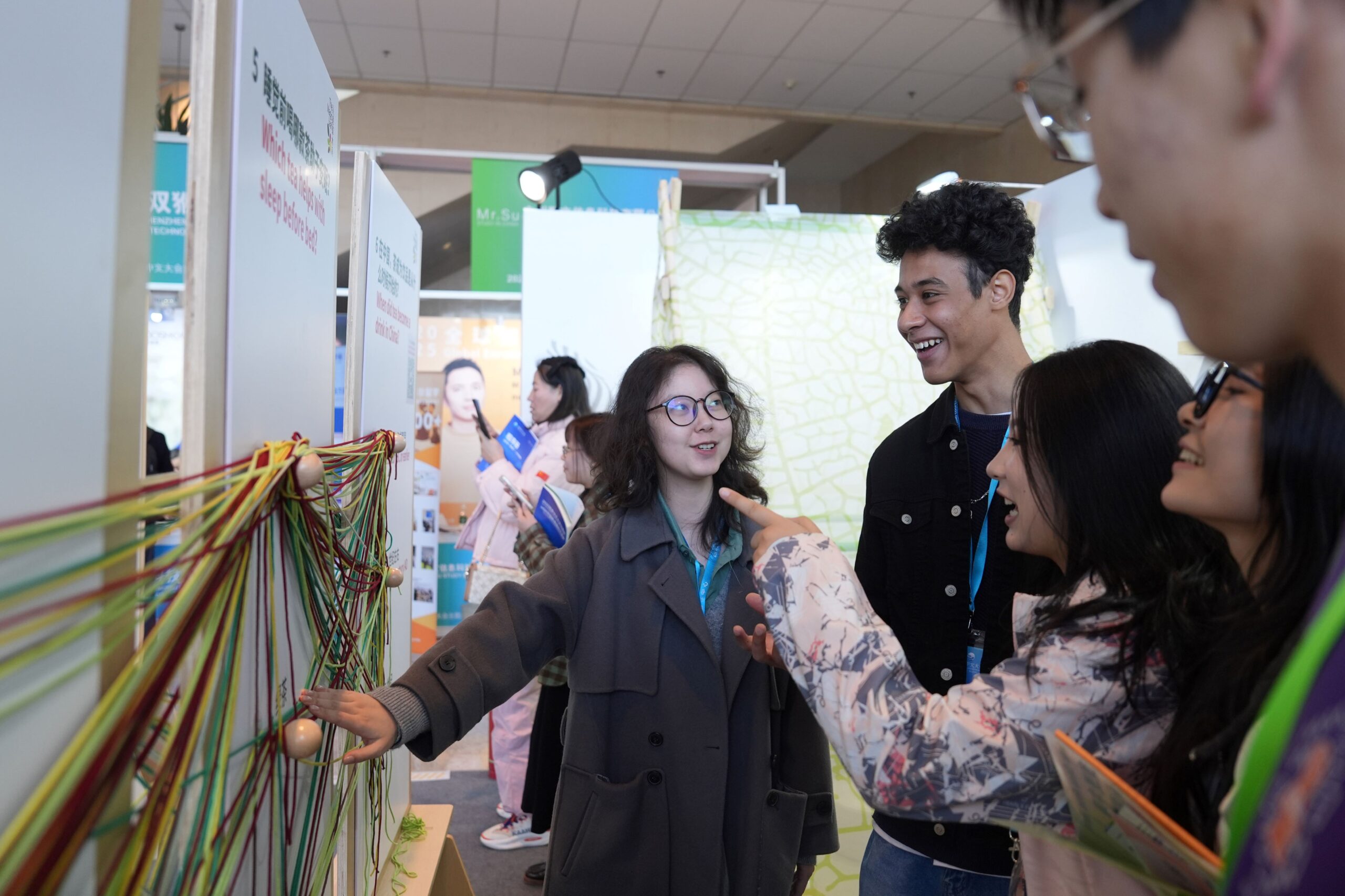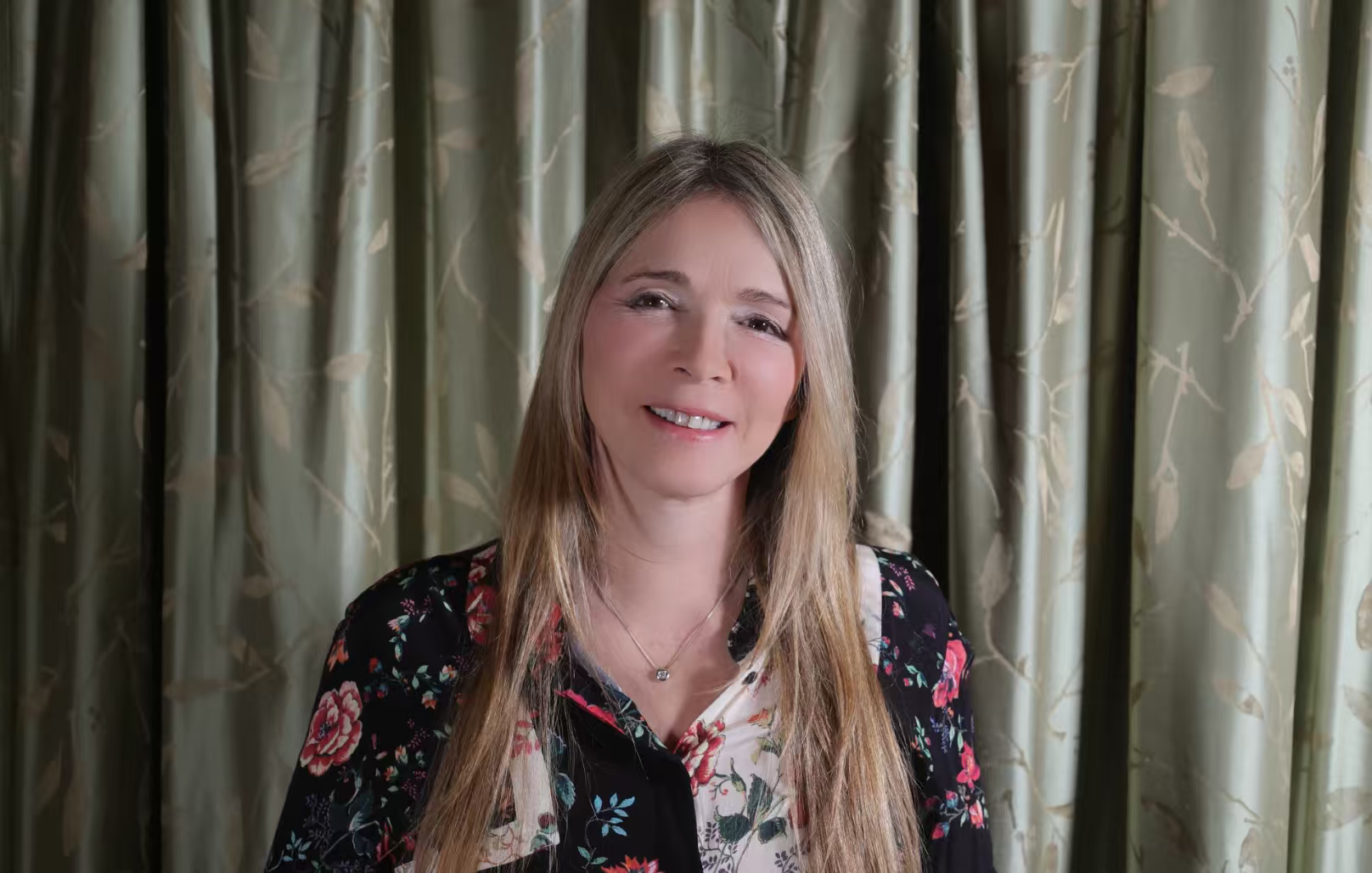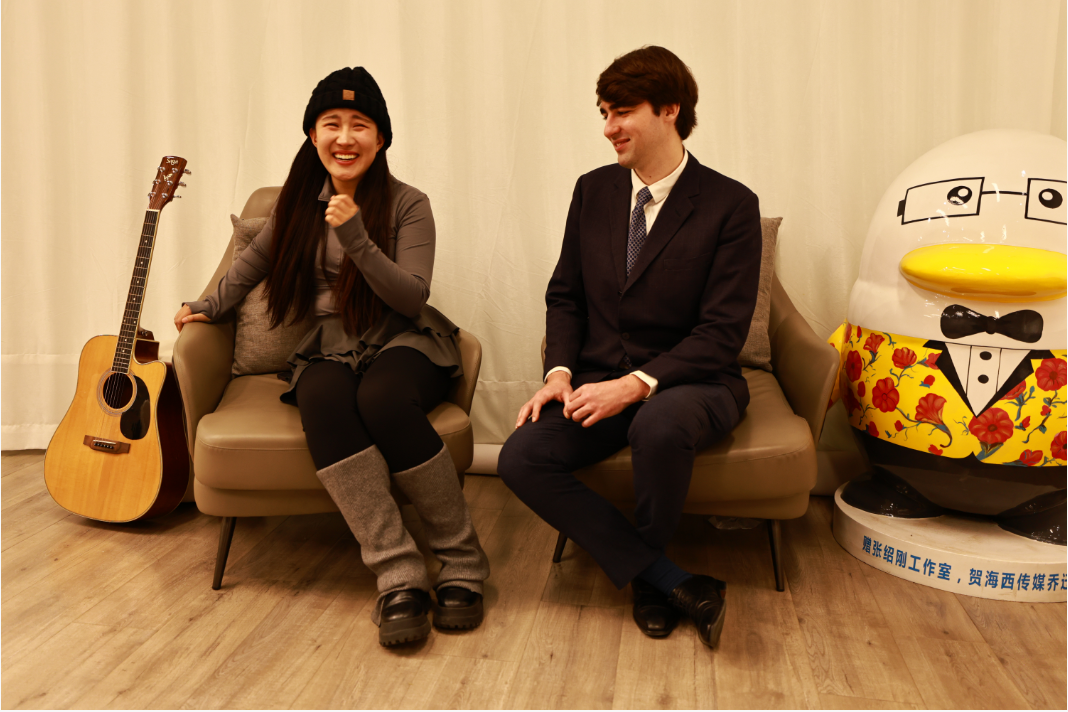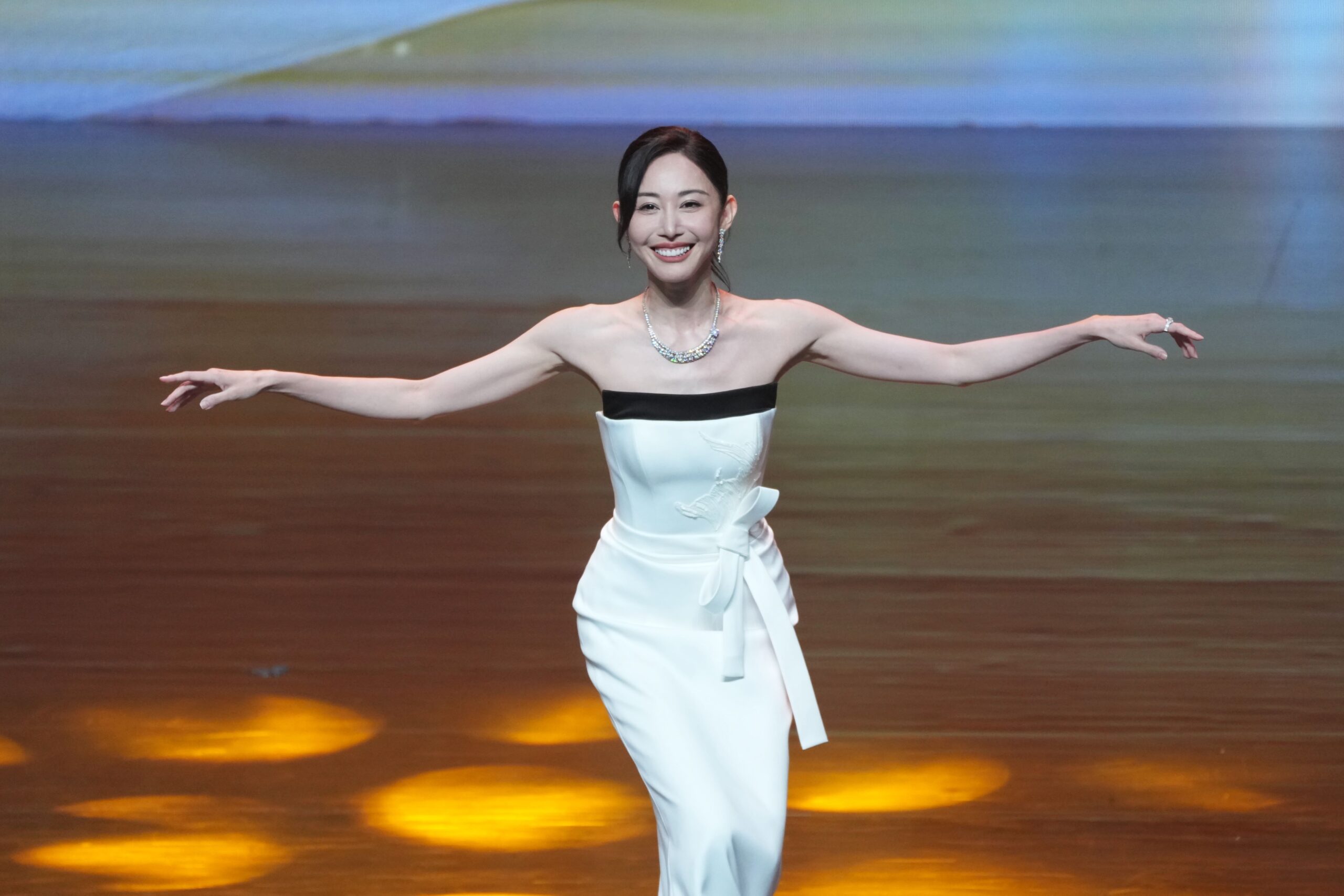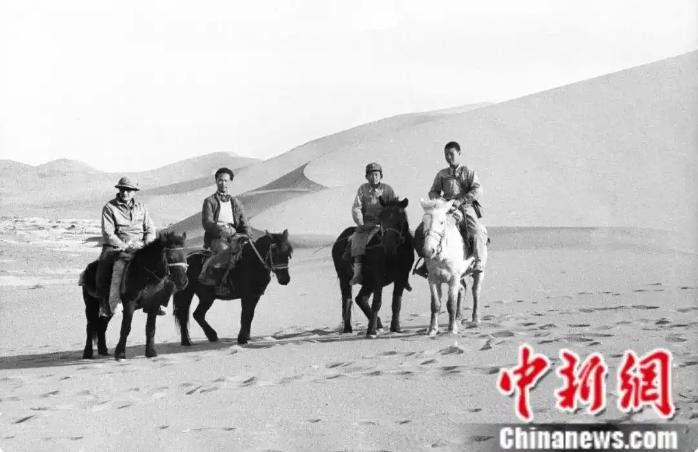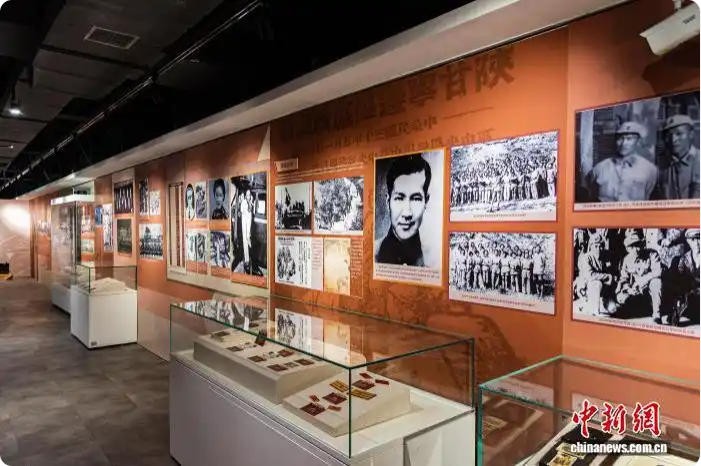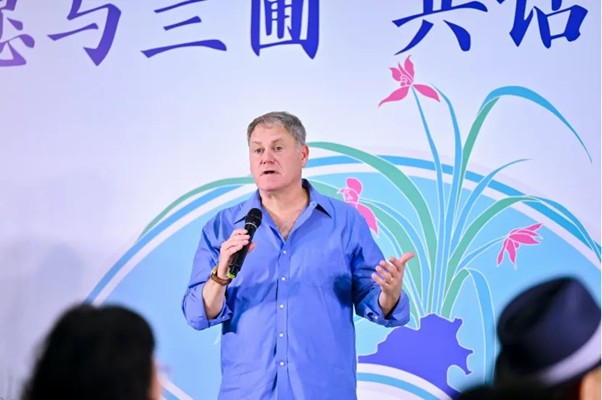Cambridge historian Hans van de Ven explains why AI can translate Chinese texts but cannot fully grasp China’s culture and history, highlighting the limits of technology in humanities research.
At a Beijing forum on cross-civilisation dialogue and the cultivation of young scholars in China studies, Cambridge University historian Hans van de Ven warned that while AI can speed up research, it cannot replace the human insight needed to truly understand China’s culture and history. Speaking at the 2025 World Chinese Language Conference, he cautioned that young scholars risk misunderstanding texts if they rely solely on AI translation.
AI Opens Doors, but Culture Requires Human Insight
Van de Ven shared an example from his own research team. One of his PhD students uses AI to translate Dutch archival materials about China. “She can read Chinese very well and her English is strong, but she has no Dutch,” he said. “AI gives her access, but she does not know what lies behind the text. That is a challenge we must confront.”
He added that similar risks arise when AI tackles classical Chinese prose or poetry, which require years of training and deep knowledge of historical context. “AI focuses on the modern period. But the past is a foreign country. It is a different world,” he explained.
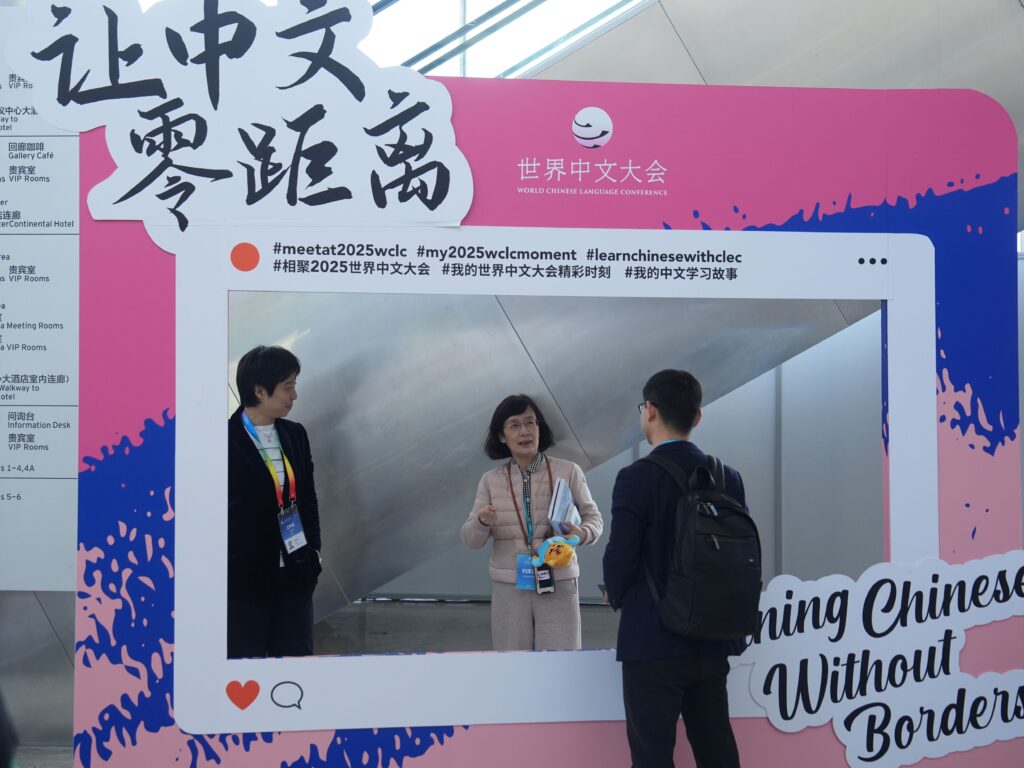
Universities Are Human Ecosystems, Not Just Data Hubs
Despite AI’s growing role, van de Ven emphasised that learning and innovation still rely on human interaction. Classrooms, seminars, libraries, cafés, and even pubs foster curiosity and collaboration that drive discovery.
He joked about the shortage of bars near Peking University, contrasting it with Cambridge, where the discovery of DNA was famously announced in a pub. “These interactions fuel energy and innovation,” he said.
He noted that many leading AI companies, including Google, Amazon, Nvidia and Tencent, intentionally design campuses to resemble universities. Creative work, he said, thrives in ecosystems that bring diverse people together.
AI Helps, But Cannot Replace Deep Understanding
AI tools already help students explore ideas and handle complex translations, van de Ven acknowledged. They make reading and research faster, and even improve student essays.
Yet he cautioned that true cultural and historical understanding cannot be automated. Universities must rethink how they assess student work, focusing on critical thinking and human insight.
“AI will only truly support research when it becomes part of this broader ecosystem. There is still a long way to go,” he concluded.
Additional reporting by Chenhui.
If you liked this article, why not read: Jean-Jacques Annaud: Bridging Cultures Through Film

